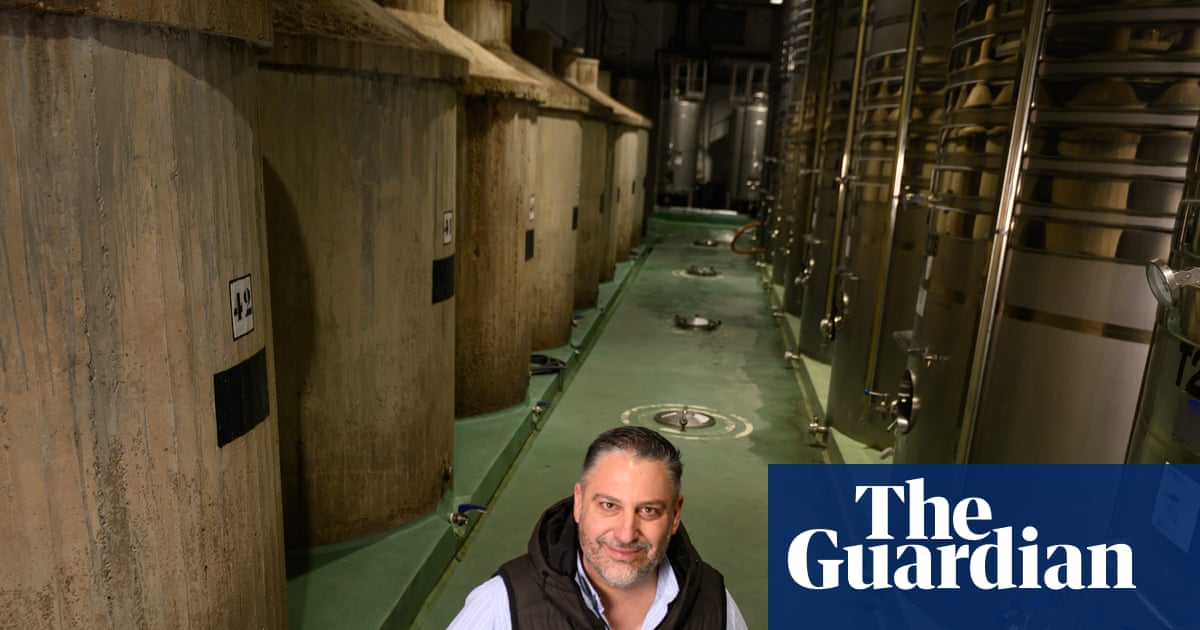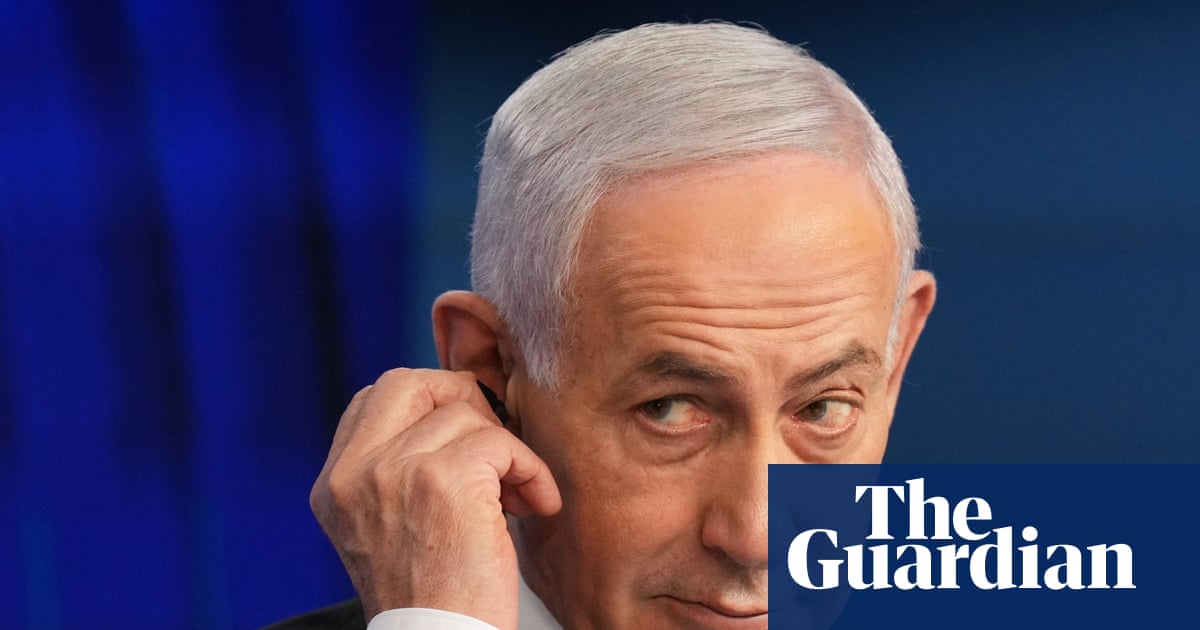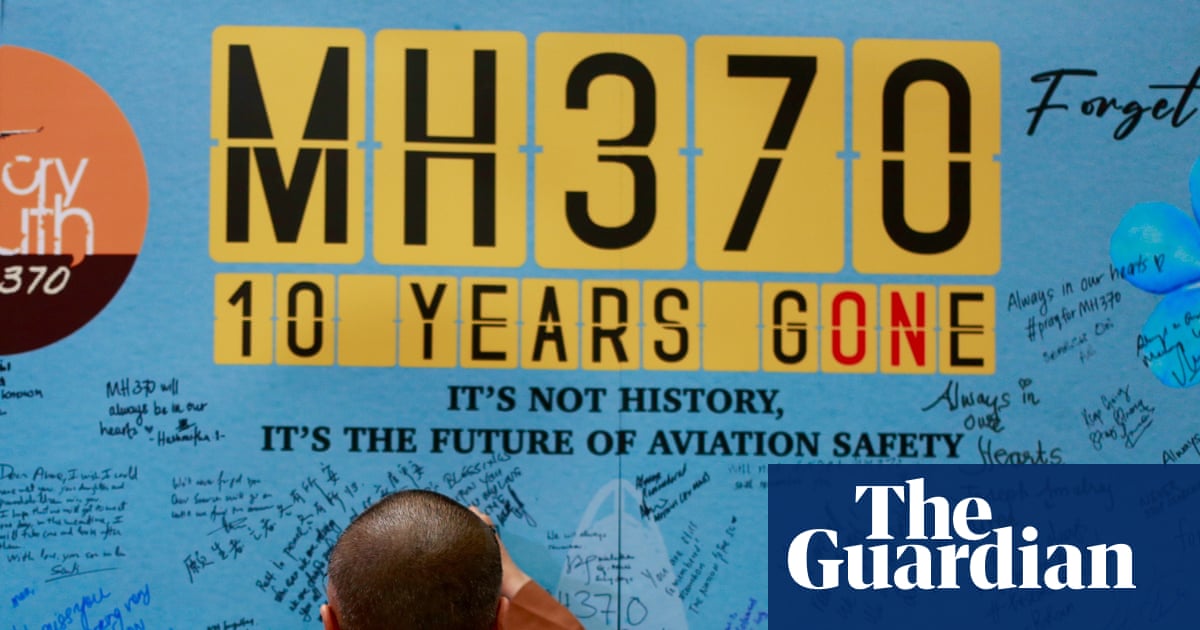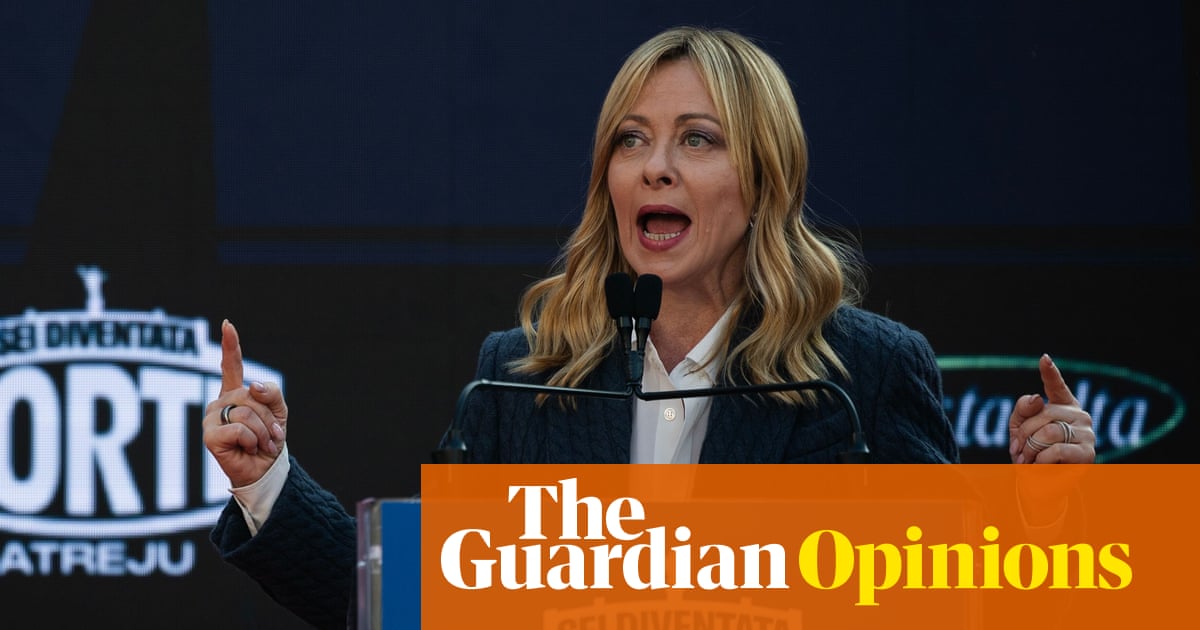A goat crossed the Guadalquivir, which was when they knew. They had been made to wait until the last day of summer and on the footage it was a CGI creature scuttling over the Isabel II bridge (no animals were harmed in the making of this announcement) but Real Betis had actually done it. There were four hours left on deadline day and they had signed Antony Matheus dos Santos, or Antonio of Triana as they call him. When they’re not calling him the Goat.
Triana is the Betis neighbourhood, Seville’s artistic heart on the west bank of the river, and Antony could not be more popular there. Last season he arrived on a six-month loan and changed everything, leading them to a European place, a derby win that was celebrated like it was the World Cup, and a European final. He had been changed too, happy again, the footballer he was supposed to be. This was his place, somewhere they loved him. He had wanted to come back the moment he left and they had been desperate for him to return.
That, though, wasn’t easy. Here was a €100m (£86m) footballer and Betis just didn’t have that type of money. Manchester United wanted to sell but Betis couldn’t compete in this market. They talked about formulas, creative ways of making it happen. Isco had said they should kidnap him; Joaquín, the former winger who is now a director, said he would drive the getaway car. Sporting director, Manu Fajardo, put together packages, investigating every possibility, offering everything he could. The advantage they had was Antony himself. He spent the summer in a hotel, training alone in the afternoon, waiting. He had to wait to the very end, but they had succeeded.
“It was hard but it was always Betis,” Antony said. He cried, too. There had been disbelief at the club that he had played for them in the first place, even if it was only for six months on loan. Now they had signed him on a five-year contract. Betis would pay United £22m. They had taken risks, pushed as hard as they could have – harder than they should have, in fact – but there he was. With an hour and two minutes left to the midnight cut-off, he arrived at the airport, hanging out of the window of his car waving at the huge crowd that came to greet him. Deadline day had its image, although not its only one. A few minutes after Antony landed, Betis announced that they had signed Sofyan Amrabat. That was a deal made all the more enjoyable to them because a few hours before he had seemed certain to join rivals Sevilla, a proper hijack.
Over the last few years, La Liga has tried to build up the closing hours of the transfer window, making it an event as it is elsewhere, inviting the media to its Madrid HQ to watch the final deals come in. It has tended to go a bit flat, the night drifting to an anticlimax, attention and excitement drawn to England instead. This time was a little different. There were 56 movements on the final day, 22 permanent transfers coming in. And one high-profile signing that couldn’t: Fifa declared that Athletic Bilbao had missed the deadline to bring Aymeric Laporte back from Saudi Arabia, a decision they are appealing. Yangel Herrera and Carlos Soler had gone to Real Sociedad. Another Englishman arrived in Spain, Abu Kamara becoming the seventh when he arrived at Getafe. Sevilla signed Alexis Sánchez. Yes, that one. “Age is just a number,” he said. Barcelona didn’t sell Fermín López.
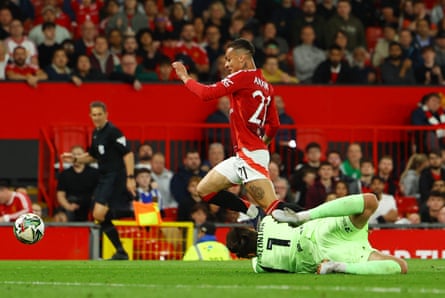
The Spanish first division had spent €708m, the league’s highest total in seven years, €150m up on last summer. It might not sound much and it was highly concentrated – €178m of it spent by Atlético Madrid, €179m by Real Madrid – but it was something. Only, it also wasn’t. In terms of net spend, it was only a little more than €50m: Spanish clubs had made €642.9m, according to figures in the sports daily AS. And compared with the Premier League, it was tiny: €708m against €3.58bn. They trailed Serie A (€1.12bn) and the Bundesliga (€775m) too. In the end, Alexander Isak eclipsed them all. Even Antony couldn’t compete with that, outside Seville at least.
Some of it is circumstantial. Barcelona, often a motor, had spent €27.5m, signing three players, and recovered €23m on departures. What they generated was actually even greater: percentages of previous deals took their income to almost €50m. If their financial issues have been well documented, this was a success. And besides, they have possibly been too well documented in so far as it is not just them. Sevilla were a Champions League team not so long ago; now plunged into crisis. Their salary limit is now less than €1m. Sánchez was one of seven free transfers; Loïc Badé, Dodi Lukébakio and Stanis Idumbo were sold for €59m, but still they could not spend.
Those that did spend had to sell: Betis had invested €75.3m in the end but they had generated €61.8m first. Jesús Rodríguez, a young winger about whom they had been so excited, was gone before he could grow. The same could be said of Fer López, departing a dynamic, youthful Celta side as they headed into Europe for the first time in a decade. Villarreal were the other big spenders: €101m went on eight players, including Georges Mikautadze (€30m), Renato Veiga (€24.5m), Alberto Moleiro (€16m), while there were also two free transfers. But not before they had sold Álex Baena, Thierno Barry and Yéremi Pino for €98m. Atlético recovered €78m.
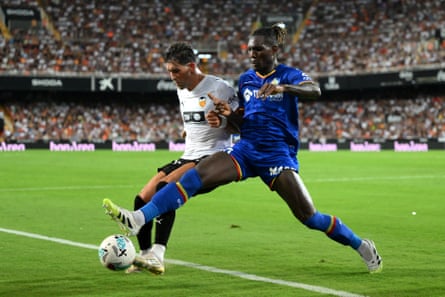
Although that can be seen as simple sound financial sense, when Spain’s clubs look beyond their borders the gap is huge. The Premier League becomes a kind of de facto super league – that realisation was part of what underlaid the actual Super League project – and a threat. That said, it also becomes a necessary source of income, a market that will pay. To take one example: how could it be, some in Spain asked, that a team like Everton, who had been close to relegation, could take Barry from Villarreal, a team that will play in the Champions League this year? The most expensive departures, notably Martín Zubimendi from Real Sociedad to Arsenal, become irresistible, but it is not just the best players targeted now.
Last season the Premier League’s TV deal was worth about €3.2bn. Spain’s was just over €2bn, and the money is distributed differently too. Only Madrid and Barcelona made more on domestic TV money than Sheffield United, who were relegated from England’s top flight in 2024. Only three Spanish clubs took more than €100m, while all the Premier League teams did. It may be a bubble about to burst, but that doesn’t make it easy to accept.
Then there is the mechanics. Aston Villa’s Ezri Konsa has said football’s spending regulations had “killed” his club. Some in Spain would see themselves reflected in that. Their economic controls, introduced a decade ago, are tighter than elsewhere, although they have been loosened and modified. Importantly, they are also applied in advance: registrations cannot be completed if you do not comply.
Barcelona president, Joan Laporta, has made the word palanca, or lever, part of the footballing lexicon: they have sold other assets, from TV rights to VIP boxes, in order to meet spending requirements and keep signing. They have also sought loopholes, subclauses, exceptions and ways round it, challenging the entire system. The government’s Sports Council intervened last season to allow them to sign Dani Olmo after the club had missed the deadline, the league and Spanish Football Federation saying no. Rather than a disaster, long-term injuries become an opportunity, because up to 80% of an absent players’ salary can be used, in accounting terms, to register someone else.
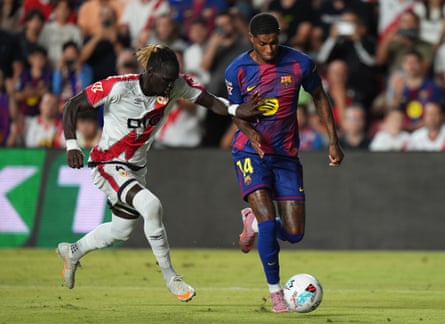
But that doesn’t make it easy and the system does constrain. There are differences between being able to spend and being allowed to spend, and inevitably there are discussions about a loosening of the grip. Club presidents have a tendency to blame the system for the fact that they start a season with players who have arrived but can’t yet be registered. The response of the league is to remind them of the way they were, a time when half of the clubs in the top two divisions had been in administration; to remind them, too, that they voted for this. And that the controls are necessary, the economics inescapable.
A market also can’t be completed until it is, well, completed. What can seem dramatic with two weeks to go tends to be resolved by the time the window shuts. On the eve of the season beginning, Barcelona were still waiting to be able to register Marcus Rashford and goalkeeper Joan García, but they did play in Mallorca. Nor were they the only ones: 50 other players who had been signed had not yet been registered by their clubs. Again, a recurring question was raised: why does the season start before the window closes? Some talked about an adulteration of the competition.
Getafe began the season with only 13 first-team players registered. “I wouldn’t wish this on anyone,” head coach José Bordalás said. Five signings, all of them free, waited to be registered still, but that depended on a departure. Christantus Uche was the man chosen by the president Ángel Torres, although he said it could be anyone who was willing to go. The problem was that Uche didn’t want to leave and Bordalás didn’t want him to leave either. As pressure was applied, in the end they had no choice. On deadline day, it was done.
It had cost Getafe €400,000 to sign Uche from AD Ceuta in July 2024. He wasn’t a striker, but because there was a lack of players then, a similar scenario to now, he played up front and scored on his debut. Now he has gone to Crystal Palace with an obligatory €20m purchase option. Departing, he wrote, was “bittersweet”. And that is something that has been lost in all the excitement, the numbers, the money. Something more basic, too easily forgotten. “They’re humans, not football stickers,” Bordalás said.

 3 months ago
49
3 months ago
49







